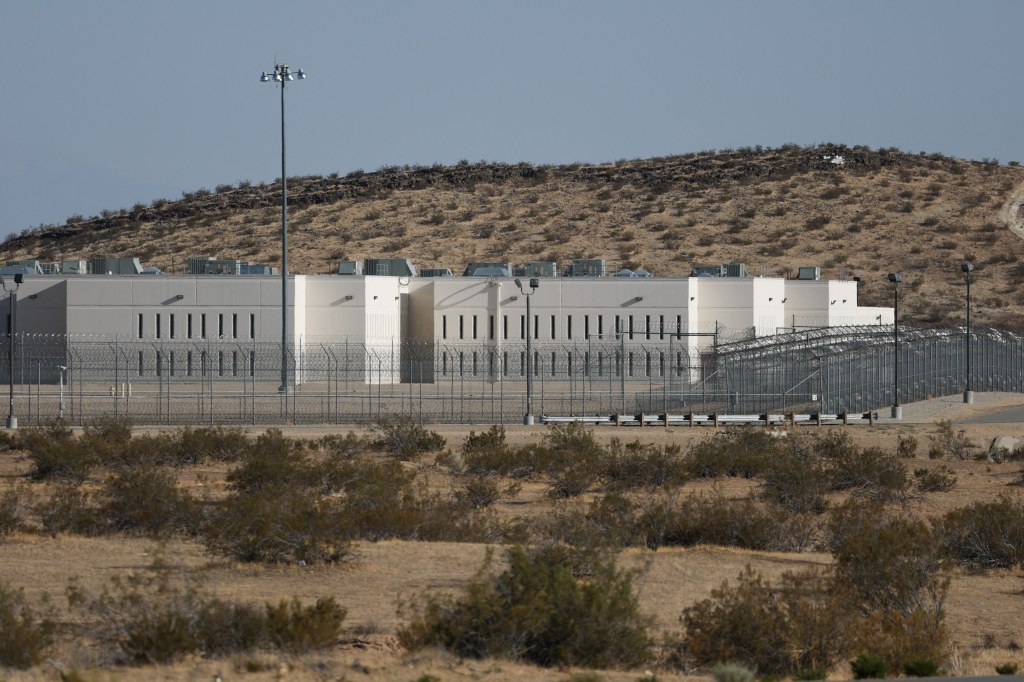President Trump’s May 12 Executive Order around Most-Favored-Nation drug pricing argues that countries outside the US need to raise their prices on pharmaceuticals saying that many other countries are “freeloading” and paying less than their share for pharmaceuticals. In response, pharmaceutical companies have increased prices in the UK and even threatened to “walk away” from the UK market if NHS does not pay a higher price.
It looks like UK may be responding to this threat. The Times reports:
Sir Keir Starmer is preparing to rip up NHS value-for-money rules in order to hand more money to the pharmaceutical industry.
The prime minister is ready to increase the price at which medicines are deemed cost-effective for the first time ever, under plans to prevent drug companies quitting Britain.
One option that is being considered is to incrase the cost-effectiveness threshold the National Institute for Health and Care Excellence (NICE) uses to determine if a medicine is cost effective–and ultimately whether NHS will reimburse for the medication. This is sensible given the cost-effectiveness threshold used is over 25 years old. More from The Times:
Currently Nice will approve medicines that cost less than £20,000-£30,000 for each year of good quality life they provide.
This benchmark, which has not changed since 1999, is based on the theory that increased costs could do more harm than good, by diverting funds from other areas in the health service that would improve results for patients.
An increased range of £25,000-£35,000 per year of good quality life is one option being considered. Industry figures said the 1999 threshold would be more than £56,000 if it had risen with inflation…
By my own calculations using the Bank of England’s Inflation Calculator, £30,000 in 1999 is equivalent to £58,000 today. A report from Dolon summarizes the implications:
In real terms…[the cost effectiveness threshold]…has fallen by at least 40 %—and by 54 % when expressed in US dollars (source)—reducing the UK’s effective willingness to pay for innovation, constraining patient access, and exporting a lower reference point to HTA systems across Europe and beyond.
NICE is also considering changing the discount rate to better take into account longer term cost and health benefits.
What do you think about this potential change in UK policy?







